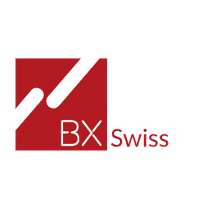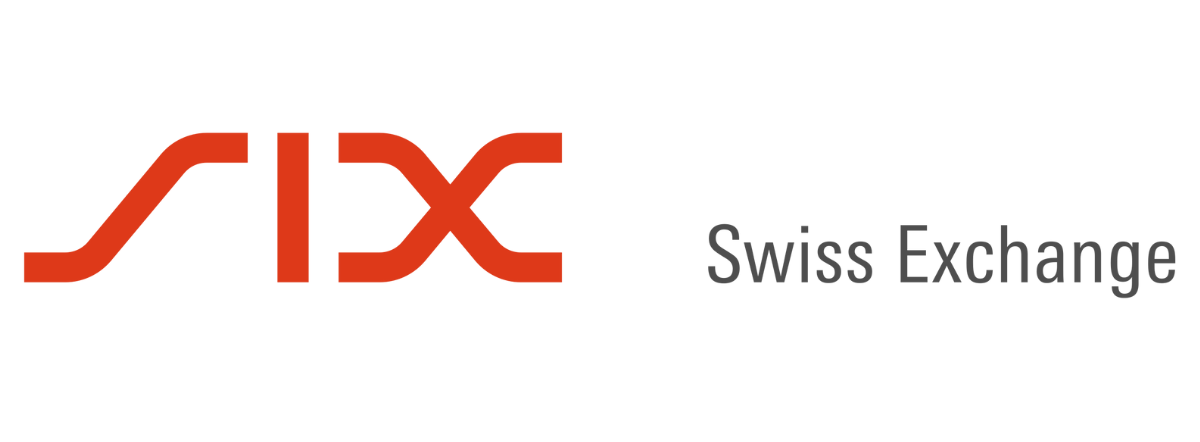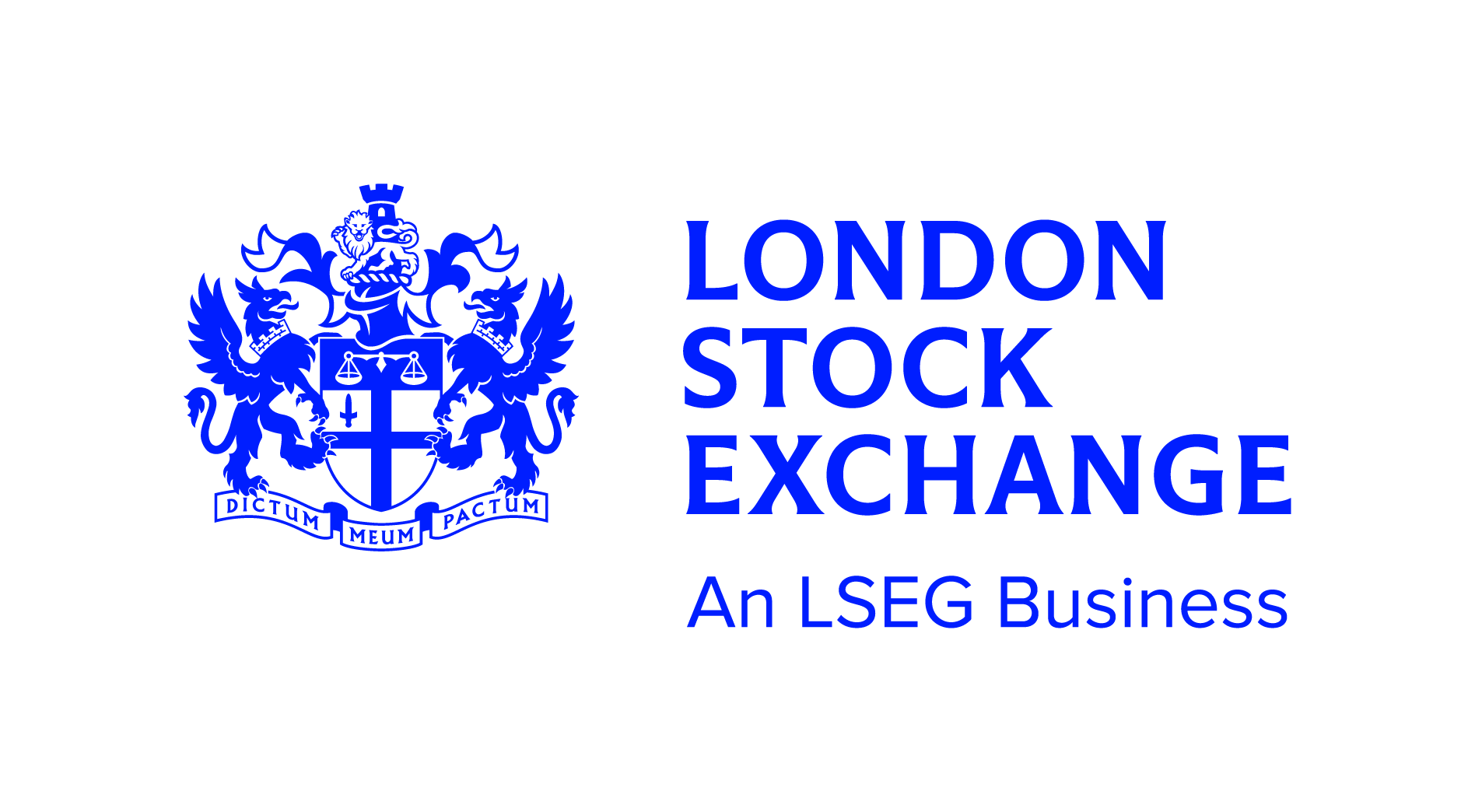BlackRock has done a major tidy up of its European ETF range by delisting no less than 135 currency-hedged share classes from the SIX Swiss and BX Swiss exchanges, ETF Stream can reveal.
In a shareholder note, the ETF issuer said decision, which will be effective 9 February, was made to “enhance market quality” by avoiding unnecessary duplication across trading venues.
The 116 Irish-domiciled and 19 German-domiciled ETFs will continue to trade on other exchanges across Europe.
A spokesperson from BlackRock said in a statement: “These delistings are the result of the ongoing review of our range of products, to maximise efficiencies and ensure that we are meeting the evolving needs of our clients.
“We continue to provide all of the affected exposures to clients through existing listings.”
It is well documented the costs of listing ETFs across multiple exchanges as highlighted by the table below.
Type of feesBX Swiss (CHF)SIX Swiss (CHF)Admission of new issuer (one-off)8,00010,000New listing of collective investment scheme (CIS)3,0002,000-3,000Yearly fee cap for new listing per issuer20,000No capAnnual maintenance fees (per CIS)1-10 Instruments1,5003,00011-20 Instruments1,0001,50021-25 Instruments5001,000>25 Instruments300500
Source: BX Swiss
Challenger exchange in Switzerland lures ETF issuers away from SIX
Furthermore, the world’s largest asset manager has also removed the euro-hedged trading lines of nine ETF share classes from the London Stock Exchange.
All nine ETFs offer exposure to European equities or euro-denominated bonds.
The shareholder note explained that because there are other existing non-euro currency trading lines on the LSE, cancelling the euro trading line is not considered to be a delisting of the entire share class.
The move comes weeks after the UK formally left the European Union and could be a move to protect against liquidity fragmentation.
In the shareholder note, BlackRock said: “The investment manager seeks to ensure that the share class is only traded on the most utilised trading lines available in the market, thereby avoiding unnecessary duplication across trading venues and thus furthermore enhancing market quality.”






